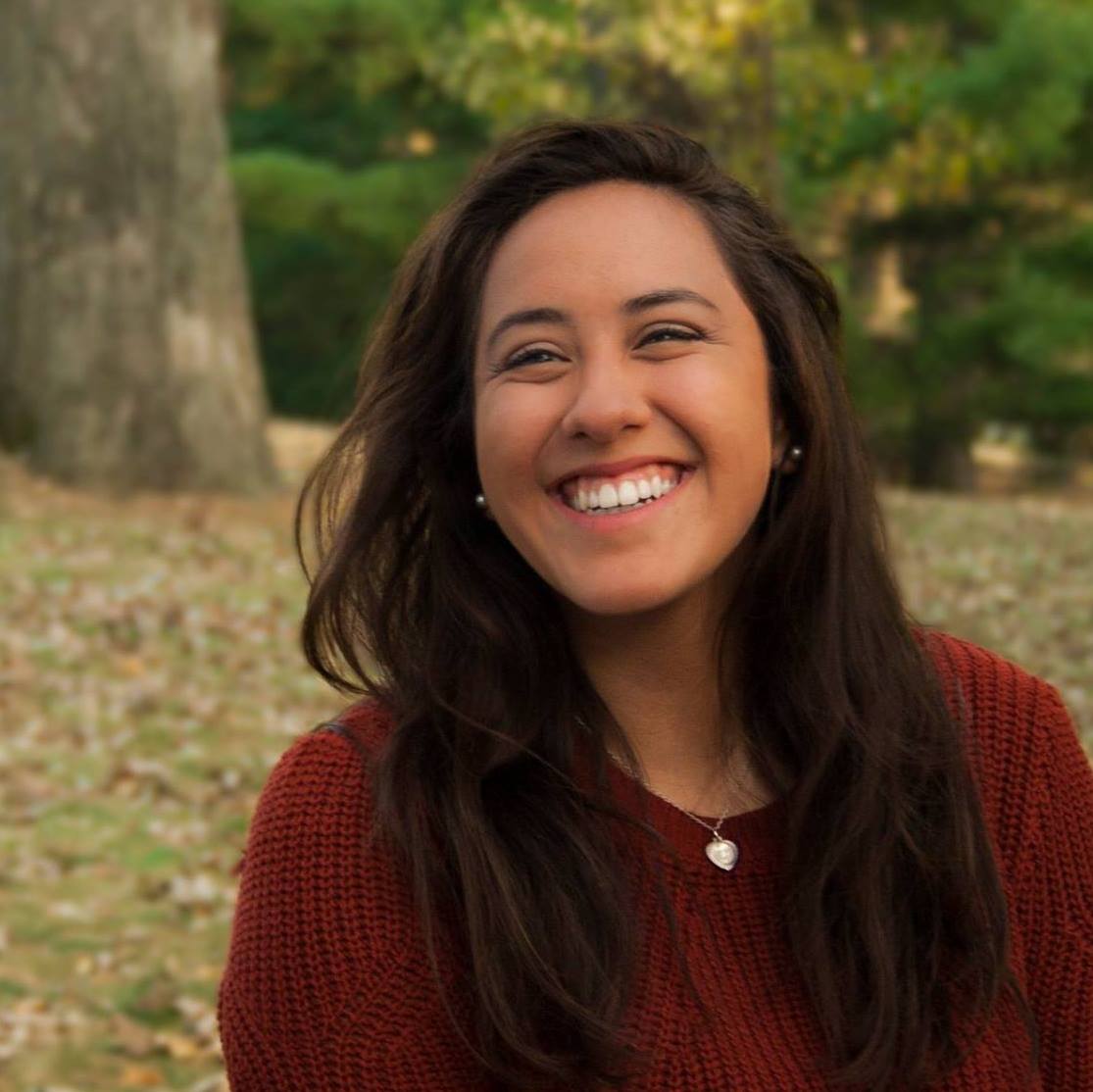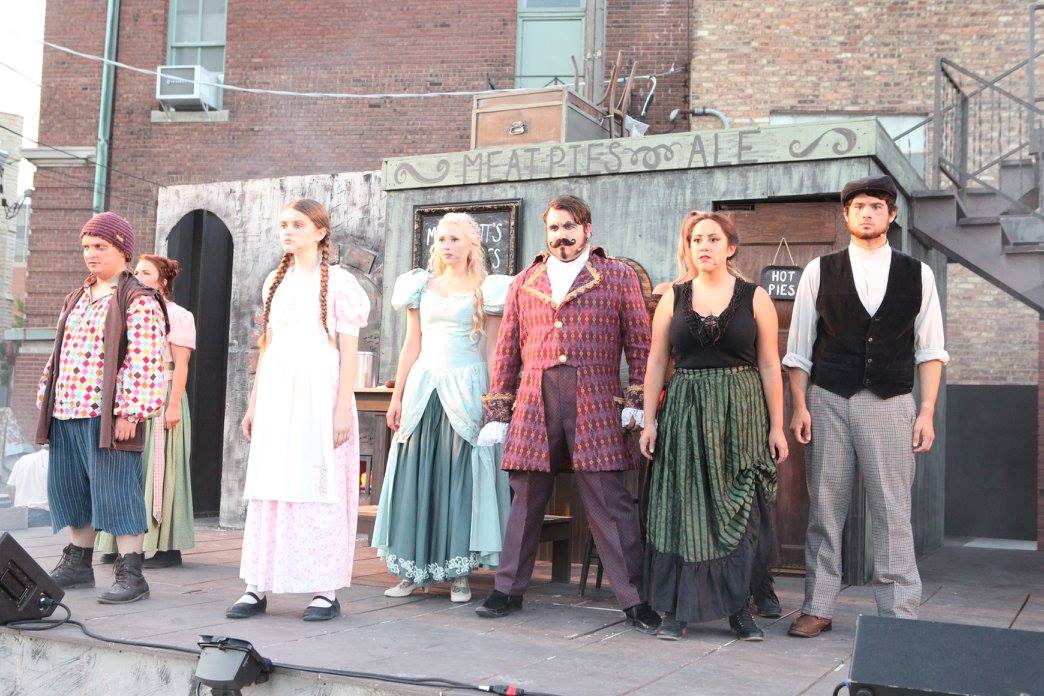I’ve never been super passionate about acting, but I decided to try my hand at it this summer when my community theater announced that they were doing “Sweeney Todd.” After being exposed to this cast for the last four months, I’ve caught on to a few common happenings — and as someone who’s never been a part of a community show before, I’ve learned some things the hard way. I’m here to show you that community theater is its own genre — and my favorite kind of theater. Here are some things that make community theater productions vastly different than other productions.
1. No one cares about your previous experience in theater.
You were the lead in your high school production of “Little Shop.” Cool. But what can you bring to this show that we’re in right now? No one judges you if you do or don’t have a theater degree, or if you’ve been in many shows or zero shows. What matters is how well you’re doing right now. Talent can come from people with different jobs, different degrees, and different experiences. Community Theater is cool because it’s not all the same people who have gone through the same life experiences as you. There are teachers, professional actors, full time students and pastors. It’s amazing to see the natural talent that some people have.
2. Everyone already knows everyone.
Community theater casts are just that — people from the community. These people have been acting in shows together since they were in grade school. Community casts have been friends with each other (or they’ve disliked each other) since the first show that they had together, which could have been 20 years ago. As someone who didn’t come from the same background as most of my cast did, it was overwhelming to throw myself in to a group of people who already have years of experience with each other. It’s like a big theater cult and you’re the new initiate.
3. Everyone’s dated everyone.
Don’t make that mistake. There will be people in your cast who will hate you if you’re the new significant other in a cast mate’s life because odds are, they’ve had a thing. Everyone has had a thing with each other. Maybe they’re good at keeping it hush-hush, but remember — everyone knows everyone and word gets around. Being around the same people every day for three months makes certain people grow on you. I’m here to tell you that no matter how well they act, no matter how high they can sing, no matter how nice their butt looks in their costume — don’t do it during show time.
4. Community theater is a great way to make connections.
Obviously, the theatre and music worlds are small. How do you think your music directors and tech directors got the job with your theater? Connections. It’s one thing to be an actor in a big musical in New York or Chicago, but when it’s just a small community thing, it’s nice to know that you can make your name known.
You’re the one who they come to when they need help with makeup because they saw how helpful you were with other cast mates and their makeup during last year’s show. You’re the one they’ll come to when they need someone to stage manage because you were the stage manager in the high school production that the director’s daughter was the star of. These things aren’t forgotten — so do each of your jobs well. There’s always turnover in the theater and art worlds, so who knows what position you may hold next?
5. Years-old drama makes people have preconceived notions of others.
Yup, that’s community for you. Whether it be the drama between companies, the drama from the local college or the drama between cast mates people don’t just decide to dislike someone out of nowhere. (I mean, theater is drama, anyways.)
6. But it’s easy to reconcile.
Through spending time with people backstage and hearing other people talk, you realize that first impressions are almost always wrong. While you were trying to one-up someone the whole first month or two during the show, you learn that this other person was actually supportive of you without you knowing it. Not everyone is petty in theatre. Pettiness can happen, yes. But with community theatre, since it’s so tight-knit, one bad word can make the hugest impact on people’s opinions. It’s your job to get to know people for what they really are — not what people say about them. You’ll be surprised at how it’s not always a competition.
7. No one talks to anyone the first month of a show.
Unless people are trying to make a really good first impression on you, or you have been best friends since your seventh grade production of “Peter Pan,” the learning process is too busy to have down time to talk to other people in your cast during rehearsal. Don’t take it offensively — everyone is feeling awkward. Not everyone is super close to each other in the cast, no matter how it may seem. It’s hard being the one who doesn’t know who to sit next to while you have your read throughs, but just know you’re not the only one in that boat.
8. Yeah, they’re all theater geeks.
While you’re in the audience watching Sweeney kill pedestrians in London, we’re talking backstage about how Patti LuPone is the best Mrs. Lovett, our dreams of directing “The Little Mermaid,” or how we envisioned our costumes to look like when we were cast in our roles. We expose other people to our favorite songs from shows so that we can share in the excitement when the female lead belts out a spot-on C5 at the end. This is how we bond — we’re being elitists in our craft. Oh, well.
9. It takes up a lot of your time.
It’s not just the rehearsals that take up all of your time. Press events throughout your community happen all the time. Newspaper interviews, public performances, parades… you’re signed up to be more than just an actor. You are a face of the company that you represent. But, on the bright side, there’s also so many cast events to be a part of so you can bond with your cast mates. Nothing looks better onstage than a cast who spends time together because it makes actors more comfortable to be vulnerable onstage and work off of each other.
10. It’s professional.
This isn’t a high school musical that we’re putting on. Community theater takes the best people from the surrounding area to do their jobs in the best way. The actors you see are the best actors in your county. The directors that you have are influential in the community and are well educated on how to run things efficiently. The set will have more invested in it than just a wall and a chair. The props all look (surprise!) authentic. The costumes will fit and be period appropriate. The lighting will be dynamic, and the orchestra is made of the most talented musicians around. Community theatre sometimes is looked down upon for no real reason, but know that we are professionals, working as professionals, with professionals to give you the best show possible.
I’ve enjoyed being a part of my community theater. I’m not one for being cheesy, but like almost every post you’ll read about being in a cast, you end up being a family. I’ve learned so much from the people around me this summer. I’m proud of the show that my family has put on for our community, and I’m excited to work with my Communtiy theater family in other shows in the future.



